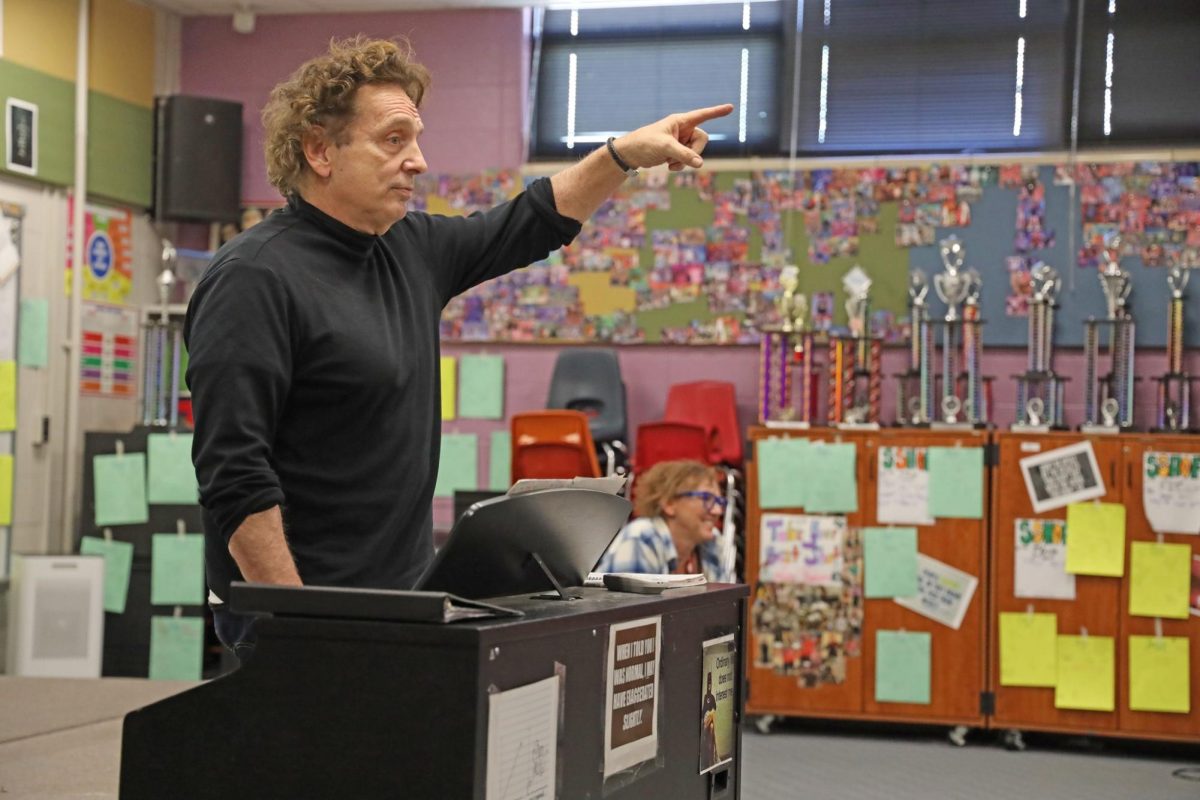Beginning Jan. 1, riders of the MetroLink light-rail system, MetroBus and Call-A-Ride will pay more.
The Metro Board of Commissioners last week approved the first in a series of fare increases to raise roughly an additional $7.2 million next year to help combat $50 million in projected 2010 deficits.
MetroLink one-way fares will rise from $2 to $2.25 on Jan. 1 while MetroBus one-way fares will jump from $1.75 to $2. While Metro one-way fares will increase by 25 cents per one-way trip on Jan. 1, they also will jump an additional 25 cents on July 1, 2010.
The Metro board in December also will consider transit service cuts that would be implemented in April.
Metro officials have proposed deferring $10.9 million in “non-immediate” expenses, reducing administrative expenses by $3.4 million and reducing transit service at a cut target of $35.7 million.
While reducing transit service will cut into Metro’s deficit, it will also reduce fare revenues. Because of this, Metro officials went forward with fare increases.
Metro officials estimate that the 25-cent fare increase plus requiring passes would next year generate an additional $7.2 million with a total ridership of 53.2 million people.
The additional 25-cent increase plus passes in July 2010 would generate an additional $9.2 million, but also result in a projected ridership of 51.5 million people.
Metro officials have considered these options after more than 51 percent of county voters on Nov. 4 rejected Proposition M.
Prop M was a proposed half-cent sales tax that would have raised $80 million a year to be split evenly to fund Metro maintenance of public-transportation systems and construct light-rail expansion to Florissant and Westport.
Metro officials presented three separate proposals for service reductions, one of which calls for elimination of all service on Saturdays and Sundays.
Plan A calls for no local service or Call-A-Ride and limited express service outside Interstate 270, a 41-percent reduction in MetroBus revenue miles, a 32-percent reduction in MetroLink revenue miles and a 26-percent reduction in Call-A-Ride revenue miles.
The Metro Link light-rail reduction under Plan A would have no special-event service, a 15-minute rush-hour frequency, a 20-minute non-rush-hour frequency and the Shrewsbury station would be used as a shuttle during non-rush hours.
Plan A would result in a net savings of $35 million in Metro’s 2010 fiscal year.
Plan B would still allow for local service and Call-A-Ride outside I-270, but also have limited express service and “substantial consolidation” in the city. While Plan B would still call for a 32-percent reduction in light-rail service, its service reductions for MetroBus and Call-A-Ride would not be as drastic. MetroBus service would be reduced by 30 percent in revenue miles, and Call-A-Ride would see an 11-percent reduction in revenue miles.
Plan B would result in a net savings of $28.6 million in the 2010 fiscal year.
Plan B+ calls for the elimination of all Saturday and Sunday service in Missouri. This would drop Metro’s ridership figures to pre-1993 levels.
While no weekend service would save an additional $12 million over Plan B, the transit agency would see a $6 million to $8 million loss in passenger revenue.
Plan B+ would save $34 million.
Metro board member and former St. Louis Mayor Vincent Schoemehl Jr. last week questioned State Auditor Susan Montee’s finding earlier this year that Metro had $71 million in reserves. He also questioned the Metro board’s role in the community.
“Prop M was (originally) going to be on the February (2008) ballot because we needed money to operate and we needed money to expand,” Schoemehl said. “…The $71 million was available in March or April.
“There were threats a year ago when St. Louis County was induced by this agency to put Prop M on the ballot in February. If $71 million has functionally evaporated since March for reasons beyond everybody’s control here, I do think there is some credibility to claim that the agency was a year ago or a year and a half ago misrepresenting its operating needs in the future. And I don’t know that anybody around this table had much knowledge of that. I know I didn’t. I don’t feel comfortable about this. I have to confess. I don’t know who I’m answering to. I don’t know if I’m answering to my fellow commissioners, to the mayor, to the county executive or to whom. And if I don’t know, I don’t know how the public knows…
“We’re now going to disaggregate services to a whole bunch of people and disrupt a lot of lives. We’re going to take responsibility for this, morally and personally and politically. We didn’t have much to do with the overall effort to try to avoid it. We didn’t have much to do with the shaping of the message…No pun intended, but it’s no way to run a railroad.”
Metro CEO Bob Baer replied that $48 million of the $71 million was committed earlier this year and that $71 million is “a bogus number.”
“I think the public has to understand that we’re not sitting on a lot of money,” Baer said. “… That’s the impression some people are trying to make. And that’s inaccurate and not factual … And for someone to flippantly say: ‘Well, the county could just give $10 million back,’ well, of course they could. But they’re not going to. They have their own needs…We have to get the public to understand that this is not fun and games. This is serious business.”
But Public Transit Accountability Project spokesman Tom Sullivan last week told the County Council that he blames its members for some of Metro’s struggles.
“After all, you are the ones that cut nearly $10 million from Metro’s budget,” Sullivan said. “You’ve made it clear you don’t care about people who need public transit. Of course, this was all part of the effort to contrive a deficit in order to scare voters with Prop M … But Metro does not need a 100-percent tax hike to run the system. If the current management and board can’t do the job, they should go. Bob Baer should be the first one out the door. As long as he is there, neither the voters nor the Missouri Legislature should give Metro another cent.
“(County Executive) Charlie Dooley has essentially appointed Bob Baer along with the majority of the five Missouri commissioners on the Metro board. They’ve all done a terrible job and continue to do so.”








